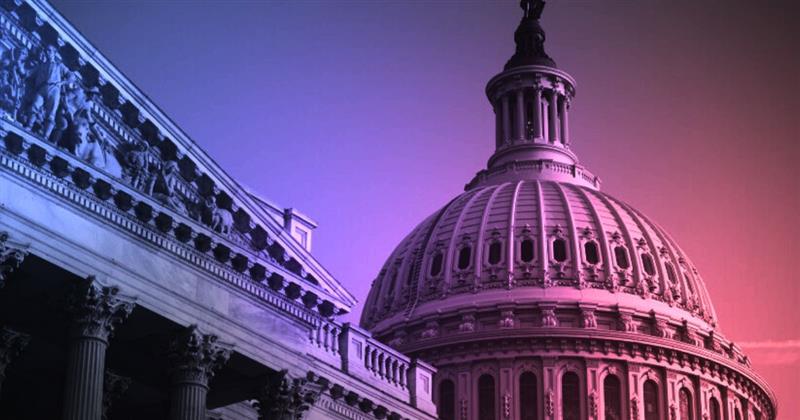Most independent-minded participants still believe in the American Dream, but they increasingly see it as “going through a transition period.”
The Big Picture
In a series of focus groups conducted by The Independent Center in Detroit, Michigan, voters identifying as independent, lean-Republican, and lean-Democratic shared a sobering but hopeful view of the American political landscape. Their perspectives reveal growing public skepticism—not necessarily about America's potential, but about the ability of elected leaders to help realize it.
Zooming In
Background on Focus Group Participants:
Group 1: Independent-Lean-Republican | 5:30PM ET
Demographics:
- 5 Female, 5 Male
- Registered to vote
- Very likely, or somewhat likely, to vote
- Does not plan on voting exclusively R or D
- Does not Strongly Approve nor Strongly Disapprove of the job President Trump is doing
Affiliate as:
- Not so strong Republican,
- Independent leaning Republican,
- Independent, or
- Independent leaning Democrat
Group 2: Independent-Lean-Democratic | 7:30PM ET
Demographics:
- Registered to vote
- Very likely, or somewhat likely, to vote
- Does not plan on voting exclusively R or D
- Does not Strongly Approve nor Strongly Disapprove of the job President Trump is doing
Affiliate as:
- Not so strong Democrat,
- Independent leaning Democrat,
- Independent, or
- Independent leaning Republican
The American Dream: A Transition, Not a Death
One of the clearest takeaways from these sessions was that most participants still believe in the American Dream, but they increasingly see it as “going through a transition period.” (Side note: Here are the results of our American Dream survey we conducted in October of 2024). That transition is being shaped by rising costs of living—particularly student loans, healthcare, and groceries. These economic pressures, combined with a sense that political leaders are out of touch, have led many to feel uncertain about whether the dream is still accessible for the next generation.
Disillusionment With Leadership
Across the board, voters expressed frustration with elected officials, regardless of party. There’s a strong sense that politicians have become more focused on “scoring points” than solving problems. One participant summed it up: “Just be authentic. We can catch both sides on the internet lying. That’s why no one cares anymore.”
This deep distrust reflects more than just partisan fatigue. Voters feel that the system itself—its checks and balances, its responsiveness—is failing. Community values still shape many people’s politics, but voters feel disconnected from federal leadership and let down by both parties.
Polarization: A Structural Obstacle
Polarization was cited not only as a frustration but as a primary obstacle to effective governance. Participants from both groups (independent-lean Republican and independent-lean Democrat) voiced concern that hyper-partisanship has led to gridlock and entrenched tribalism. As one respondent put it, “They need to work on issues together and listen to the people.”
This desire for bipartisan or non-partisan problem-solving highlights what may be the most powerful insight from these sessions: voters are desperate for leaders who prioritize collaboration over ideology.
Independent Lens
These Detroit independent-minded voters haven’t given up. They believe in reform, in practical leadership, and in an America that still has promise—but they are wary. If political leaders want to reach these voters, they must move beyond party labels and speak to the values of empathy, transparency, and results.

.jpeg)


.jpg)
